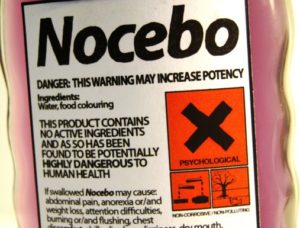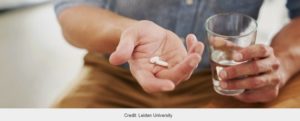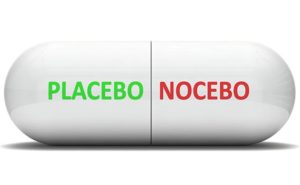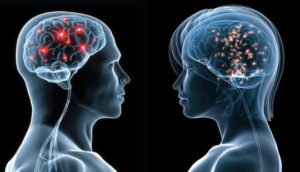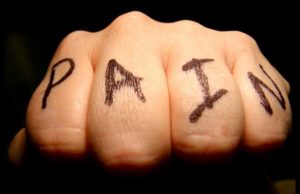We’ve posted elsewhere about the placebo’s dark twin, the nocebo, the phenomenon of the mind provoking negative and damaging effects through the same mechanism that accounts for the positive effects of a placebo.
This paper brings focus to ‘nocebo algesia and hyperalgesia (ie, the occurrence and worsening of nocebo-induced pain, respectively)’ and makes practical suggestions for reducing the incidence of this. As always, these relate to the patient-practitioner relationships and interactions, and strongly reinforce the ‘subjective’ and ‘negotiated’ nature of the experience of pain.
‘In general, the literature shows that uncaring interactions that convey a message of invalidation and lack of warmth may trigger nocebo effects. Avoiding negative communication and interactions with a patient may help to shape a safe and positive environment that not only promotes placebo effects but that also reduces nocebo effects.’


